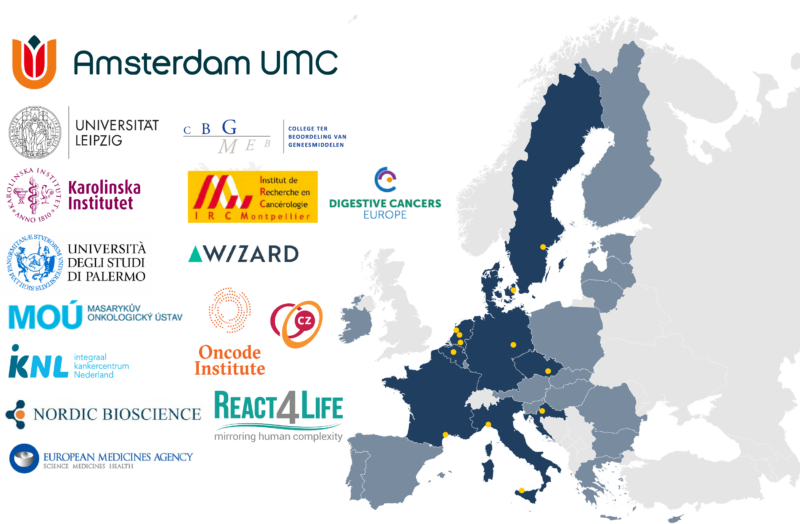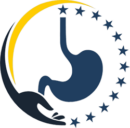PRESSURE
Preventing therapy resistance in esophageal cancer using advanced models and molecular signatures
THE PROJECT
In 2035, cancer will have become the leading cause of death in the EU. Therapy resistance is a key contributor to high recurrence rates, morbidity, and mortality. Esophageal adenocarcinoma (EAC) is the most common type of esophageal cancer in the Western world, and a prime example of a cancer that is highly resistant to therapy. Despite recent developments of treatment strategies, long-term survival remains low. Prominent factors that contribute to the poor outcome of EAC are a high degree of acquired resistance, and heterogeneous responses to therapies. Additionally, to improve EAC treatment outcome, molecular and cellular mechanisms of resistance need to be further understood.
The PRESSURE consortium brings together expert groups from the Netherlands, Germany, Italy, Sweden, Czech Republic, France, and Denmark, to address key challenges that preclude the effective treatment of EAC: A consensus treatment in the EU based on real-world efficacy data is lacking. Establishing such data and unified treatment will avoid the detrimental effects of some therapies. Likewise, the current fragmentation of expertise and tools across Europe prevents an effective development of new approaches. PRESSURE members have independently amassed a wealth of samples, disease models, clinical data, scientific know-how, and cutting-edge technologies. In the consortium, these elements will be joined to develop novel and optimized treatment strategies and diagnostics. We will employ 10 researchers to address these scientific challenges by performing research in academic and industrial groups, and by doing so receive exhaustive training across relevant disciplines and sectors.



